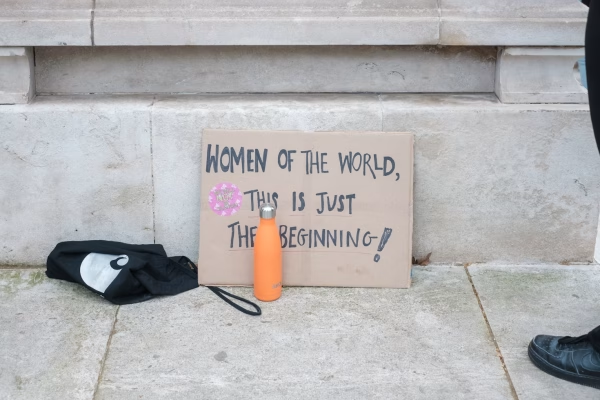To Paddle, or not to Paddle?
At Georgia School for Innovation and the Classics, a school located in Hephzibah, Georgia and set up to teach children between kindergarten and 9th grade, permission slips were recently sent home with an unexpected request: parental permission for disciplinary paddling – and some have already agreed.
Specifically, after three warnings (and another verbal parental consent), a school administrator will take the student behind closed doors (with an adult witness) and will strike the child “on the buttocks” with a paddle no more than 24 inches long. This punishment is not required; however, the alternative punishment can be up to a five-day suspension. According to USA Today, the superintendent Jody Bolineau has confirmed the policy has gone into effect but not if any students have already faced the punishment.
Still, even without obligation, some find the idea of punishing children – particularly ones that are not their own – physically to be “weird” at best. Shay Martin-Jones, a senior at Cass High and former student of Chattooga High, a school that employs corporal punishment, says, “I don’t really think it changed much about how students acted. It was mostly a joke… not many kids even opted for it. We were all in high school – it was mostly just uncomfortable.”
Others are more strongly opposed. “Either the child is too young to understand why you’re [physically punishing] them,” says Julia Belew, Cass High senior, “or they’re old enough to understand why you’re [physically punishing] them, and they can understand a conversation just as well.”
USA Today contributor Ashley May writes, “Paddling is still legal in schools in at least 19 states (Georgia included) that specifically allow corporal punishment or have no laws against it.” Although many find physical discipline to be an old-fashioned way of punishing students, along with the dunce caps and other Matilda-esque penalties, corporal punishment is clearly still present – enough so for a school (freshly chartered as of three years ago) to newly implement it. Ultimately, the final decision is up to the parent, so concerned mothers and fathers need not worry.
























